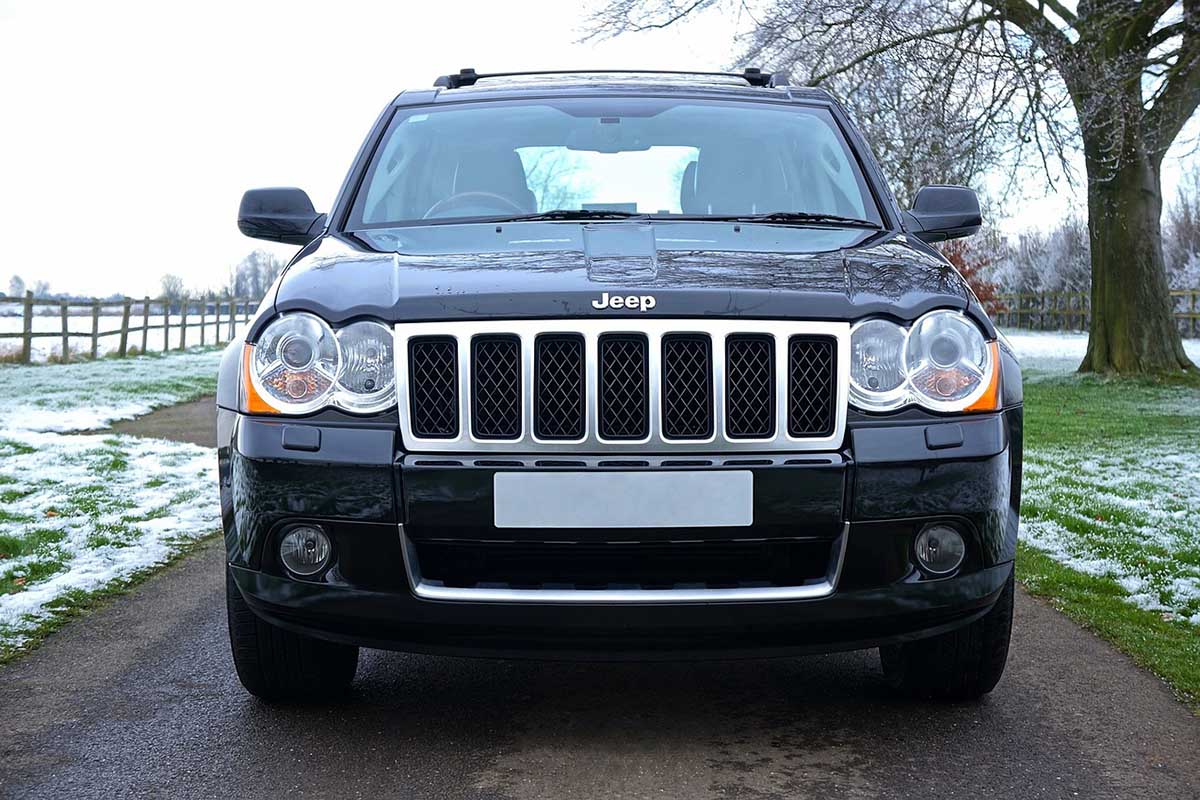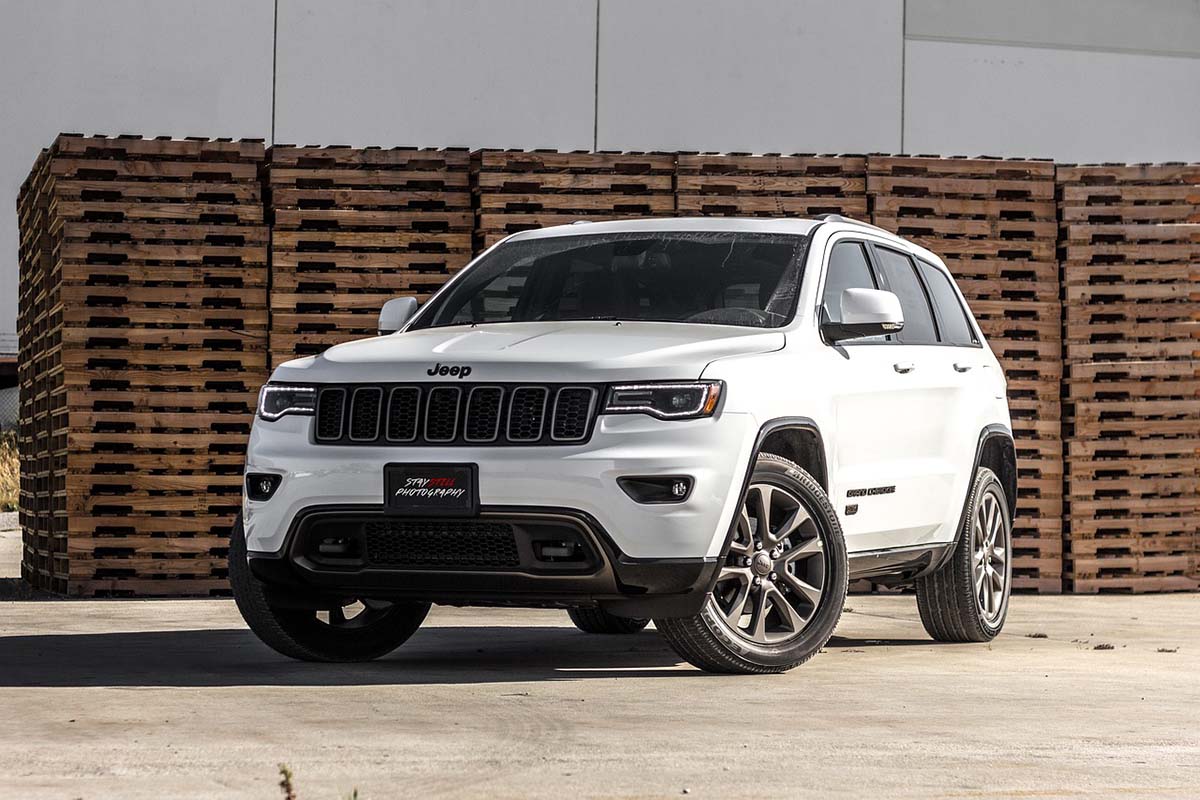Things You Need to Know Before Buying a Jeep
Are you dreaming of embarking on thrilling off-road adventures, conquering rugged terrains, and embracing the open-air freedom of the great outdoors? If so, buying a Jeep might be the perfect choice. These iconic vehicles have captured the hearts of adventure enthusiasts worldwide with their distinctive style, impressive capabilities, and rich heritage rooted in exploration.
However, before diving headfirst into Jeeps, you must arm yourself with some vital knowledge. In this blog post, we’ll uncover the top things you need to know before buying a Jeep, ensuring you make an informed decision and prepare for the exhilarating ride of a lifetime. Let’s get started.
Understanding Jeep Models and Variants
Before buying a Jeep, it’s crucial to understand the different models and variants available clearly. Jeep offers a range of models, including the iconic Wrangler, the versatile Grand Cherokee, the compact Cherokee, and the compact SUV Compass. Each model has its own unique characteristics and target audience.
Researching and comparing these models will help you determine which one aligns with your needs and preferences. Consider factors such as size, seating capacity, off-road capabilities, and intended use to make an informed decision. Understanding the distinctions between Jeep models will ensure that you select the right one for your lifestyle and requirements.
Assessing Your Needs and Budget
Before purchasing a Jeep, assessing your specific needs and establishing a realistic budget is essential. Consider how you plan to use the vehicle, whether it’s for off-roading adventures, daily commuting, or a combination of both. Determine the desired seating capacity, cargo space, and any additional features that are important to you.
Simultaneously, evaluate your financial capabilities and set a budget that includes the purchase price and ongoing expenses like insurance, fuel costs, maintenance, and potential modifications. By carefully assessing your needs and budget, you can ensure that your Jeep purchase aligns with your requirements and financial situation.
Warranties and Insurance Costs
Before purchasing a Jeep, it’s important to understand the warranties offered by the manufacturer and how they can impact your insurance costs. Jeep typically provides a basic warranty that covers the vehicle for a certain period or mileage, along with separate warranties for specific components.
For instance, as seen at https://www.chrysler-factory-warranty.com/jeep-rust-warranty/, the rust warranty covers the parts and labor needed to repair or replace the damaged or rusty areas. These warranties can vary in duration and coverage, so reviewing them thoroughly is essential.
Additionally, certain warranty provisions may affect your insurance costs, such as extended warranties or additional coverage options. Consider the warranty coverage and its potential impact on insurance when evaluating the overall cost of ownership for a Jeep.
Off-Roading Capabilities and Features
One of the key attractions of a Jeep is its off-roading capabilities, making it important to understand the specific features and capabilities relevant to off-road adventures. Research the off-road features offered by different Jeep models, such as advanced 4×4 systems, locking differentials, enhanced ground clearance, skid plates, and specialized suspension options. Consider your intended off-roading activities and the level of capability required.
Features like hill descent control, traction control systems, and off-road drive modes can enhance performance in challenging terrain. By understanding the off-roading capabilities and features of different Jeep models, you can choose a vehicle that aligns with your adventurous spirit and off-road needs.
Maintenance and Reliability
Before buying a Jeep, it’s important to consider the maintenance requirements and potential reliability factors associated with the specific model you’re interested in. Research the typical maintenance schedule, costs of routine servicing, and joint problems reported by owners of that particular Jeep model. Understanding the maintenance needs, such as oil changes, tire rotations, and other regular upkeep, will help you plan for ongoing expenses.
Additionally, reading reviews and seeking input from current Jeep owners can provide insights into the vehicle’s reliability, durability, and potential long-term issues. Being aware of the maintenance and reliability aspects will help you make an informed decision and ensure a satisfying ownership experience.
Fuel Efficiency and Environmental Impact
When considering a Jeep purchase, it’s essential to consider its fuel efficiency and environmental impact. Jeeps are known for their robustness and off-road capabilities, but they may not be the most fuel-efficient vehicles on the market. Research the fuel economy ratings of the Jeep model you’re interested in, particularly if you plan to use it for daily commuting or have environmental concerns.
Consider factors such as engine size, transmission options, and fuel-saving technologies like hybrid or electric variants, if available. Evaluating the fuel efficiency and environmental impact will help you make a more sustainable choice that aligns with your personal preferences and ecological values.
Safety Features and Ratings
Prioritizing safety is crucial when purchasing a Jeep, and understanding the available safety features and ratings is essential. Research the safety features offered by the Jeep model you’re considering, such as advanced driver-assistance systems (ADAS), including lane departure warning, blind-spot monitoring, forward collision warning, and automatic emergency braking.
Additionally, check crash test ratings from reputable sources like the National Highway Traffic Safety Administration (NHTSA) or Insurance Institute for Highway Safety (IIHS). These ratings evaluate the vehicle’s performance in various crash scenarios and can help you gauge its overall safety. Choosing a Jeep with strong safety features and high ratings will provide peace of mind.
Before Buying a Jeep: Resale Value and Depreciation
Considering the resale value and depreciation of a Jeep is essential to understand the long-term financial implications of your purchase. Some Jeep models, like the Wrangler, tend to hold their value well over time, while others may depreciate faster. Popular, demand, condition, and modifications can affect the resale value.
Research the resale value trends and depreciation rates for the Jeep model you’re interested in, and consider factors like market demand and historical data. By assessing the potential resale value and depreciation, you can make a more informed decision about the financial aspects of owning a Jeep.
Before buying a Jeep, it’s essential to know about various aspects. Understand the different Jeep models and their variants to find one that suits your needs. Assess your needs and budget to ensure a well-informed purchase decision.
Consider factors like off-roading capabilities, maintenance requirements, safety features, fuel efficiency, insurance costs, and the potential resale value. By thoroughly researching these areas, you can make a confident choice that aligns with your preferences, lifestyle, and financial situation, ensuring a satisfying Jeep ownership experience




















